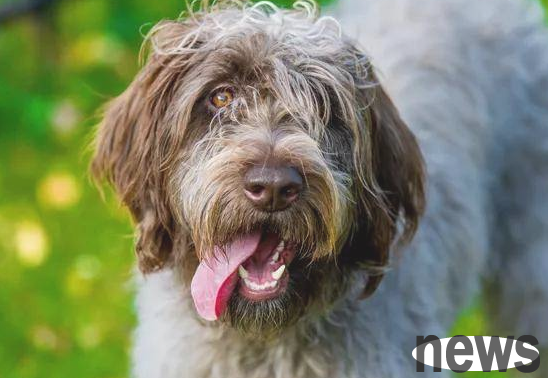Many pet owners of dogs have noticed a situation, that is, some dogs' hair fades due to their age, especially poodles such as Teddy and VIP. It is common for them to become lighter when they grow up. This is actually related to various factors such as genetic genes, dietary matching, and toiletries. Let me learn more about it below.

The color of the hair in the dog is determined by a variety of genetic genes. As the age increases, the genetic genes in the body will also change, which will in turn harm the tone of the hair. For example, poodles carry faded genetic genes themselves. The popular dark gray, milk-coffee, and champagne golden poodles are actually breeding dogs with faded genetic genes.

The fading caused by innate genetic genes is difficult to change, but fortunately it is not easy to cause harm to the physical and mental health of the dog. When choosing a dog, it is best to understand the condition of its parents first and make full preparations for the hair fading that the dog is likely to have in the future.
Many pet owners like to feed their dogs food or snacks, but this ingredient usually contains too high salt and oil ingredients. Long-term use of dogs will cause their hair to become unsmooth and will continue to fade and turn white. It is recommended to improve the dietary combination of dogs, with light taste ingredients as the main focus, maintaining nutritional combinations, and hair quality will gradually improve.
Because dogs often go out, the number of showers is usually higher than that of cats. At the same time, some pet owners like to use work-based shower gel to shower dogs, but they don’t know that the skin of dogs is different from that of humans. Human shower gel is likely to cause damage to dogs’ skin and hair.
It is recommended to use shower gel commonly used by pets to shower dogs. It is more suitable to use warm water when taking a shower. After washing, dry the hair immediately to prevent colds.